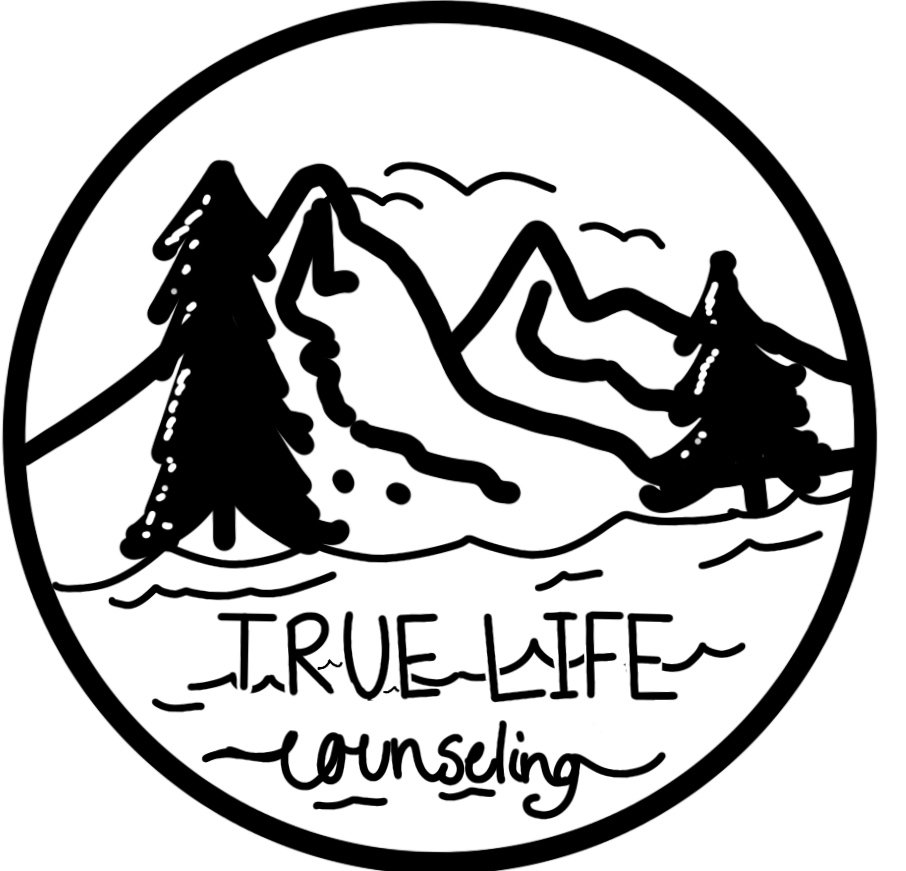The Amount of Childhood Trauma Experiences or ( ACE’s) Adverse Childhood Experiences in a child’s life can determine the life span and amount of medical problems experienced in adults.
This is a scary but truthful reality. Children who are exposed to abuse and trauma may develop what is called 'a heightened stress response'. This can impact their ability to regulate their emotions, lead to sleep difficulties, lower immune function, and increase the risk of a number of physical illnesses throughout adulthood.
An Adverse Childhood Experience (ACE) is defined as experiencing any of the following categories of abuse, neglect, or loss prior to age 18:
Physical abuse by a parent
Emotional abuse by a parent
Sexual abuse by anyone
Growing up with an alcohol and/or drug abuser in the household
Experiencing the incarceration of a household member
Living with a family member experiencing mental illness
Domestic violence
Loss of a parent
Emotional neglect
Physical neglect
The ACE Study
Beginning in 1994, the "adverse childhood experiences" (ACE) Study, a partnership between the Centers for Disease Control (CDC) and Kaiser Permanente assessed the relationship between adult health risk behaviors and childhood abuse and household dysfunction.
The study began with a sample of 9,508 individuals representing a 70.5% response rate.
Respondents were given a score of one for each ACE category that they experienced.
Findings showed that people who experienced four or more adverse childhood events had:
increased risk for smoking, alcoholism and drug abuse
increased risk for depression and suicide attempts
poor self-rated health
50 or more sexual partners
greater likelihood of sexually transmitted disease
challenges with physical inactivity, and severe obesity
A follow-up sample combined with baseline data for a total sample of 17,337. Additional findings show that ACE Score is associated with:
likelihood of attempted suicide across the lifespan
increased risk for broken bones
heart disease
lung disease
liver disease
multiple types of cancer
ACE Score is also correlated with:
impaired job functioning
homelessness
criminal justice involvement
What does this all mean?
Parents you can drastically improve your children’s life span and physical and mental well being in the following ways:
Create a safe, secure home.
Develop good self care, help yourself manage your emotions so your children do not experience hostility at home.
Learn positive parenting skills
Develop social support system.
Role Model to children healthy coping strategies.
If you use substances, make sureit isn’t affecting your parenting.
Attend support groups.
Attend counseling.
Enroll child in play therapy.
Support child in emotional needs.
Want to find out your ACE score? Take the quiz here: https://www.npr.org/sections/health-shots/2019/07/02/733896346/californias-first-surgeon-general-spotlights-health-risks-of-childhood-adversity
If you are someone you love have experienced childhood trauma, its not too late, you can get the help you need to rise above all of this. Contact me at ( 720) 795-4914 to discuss this.
